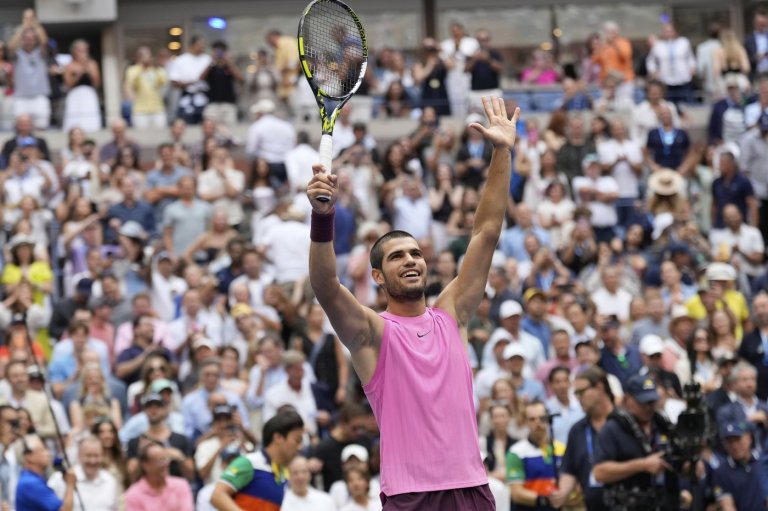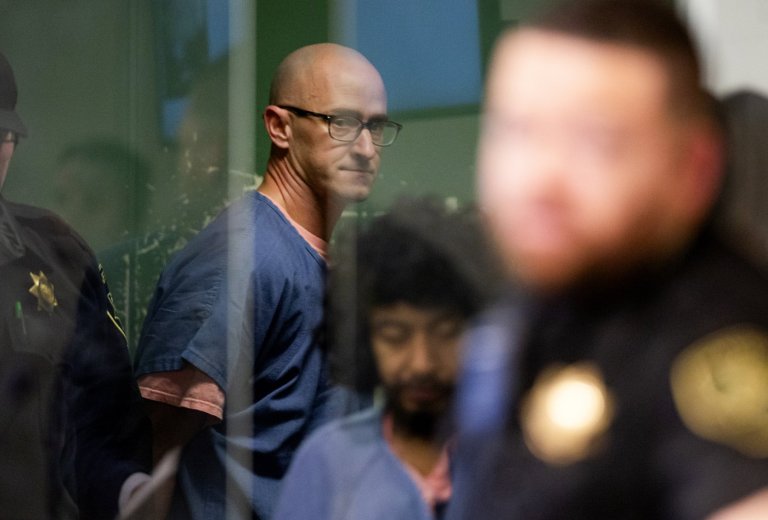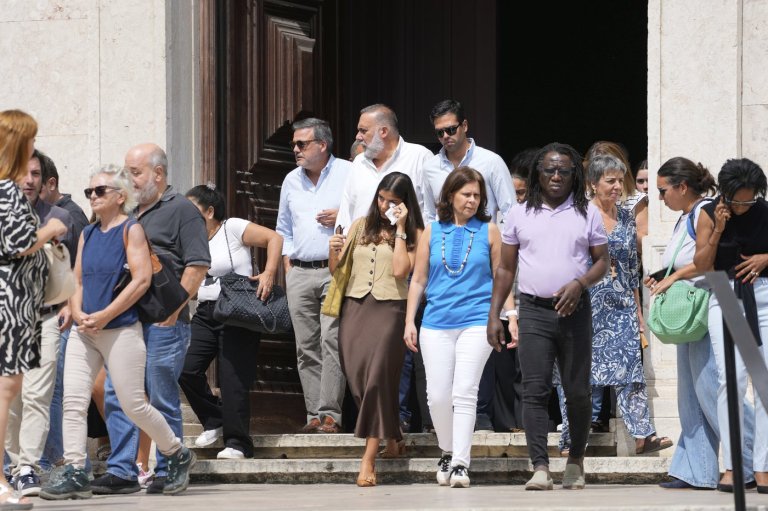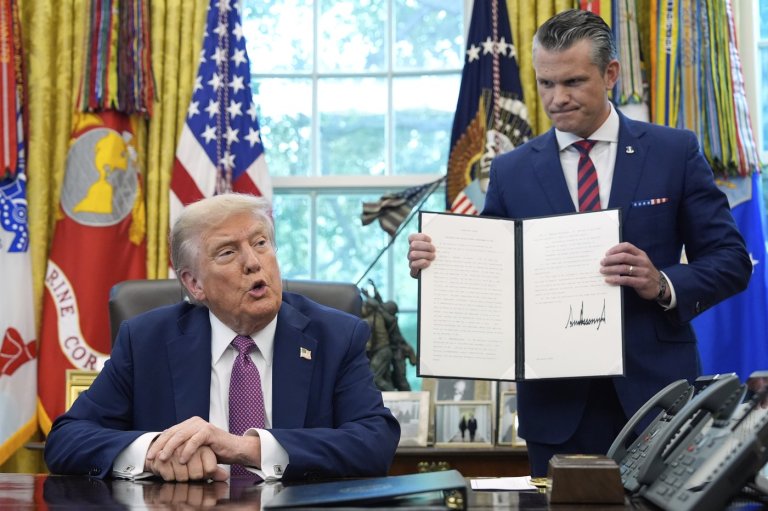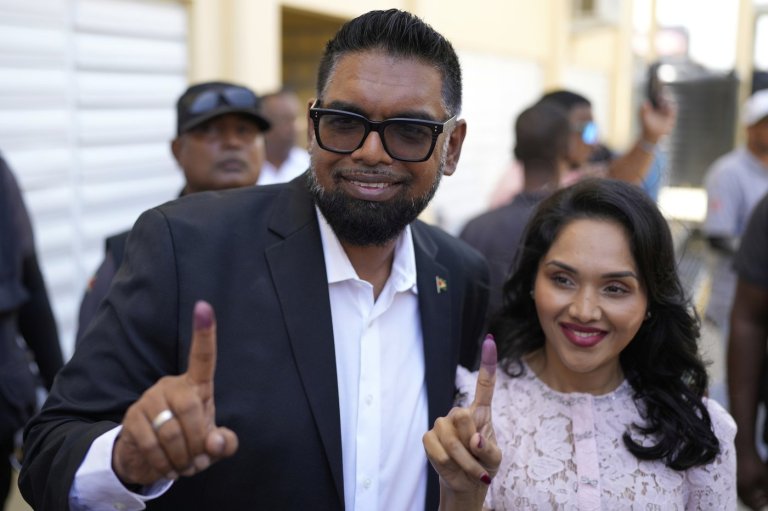Serbia, Kosovo leaders agree agenda for Brussels talks
BRUSSELS – The European Union praised the leaders of Serbia and Kosovo Sunday for getting long-stalled talks on normalizing their tense relations back on the rails and for setting up a face-to-face meeting in Brussels later this week.
It came after Serbian President Aleksandar Vucic and Kosovo Prime Minister Avdullah Hoti held video talks mediated by EU foreign policy chief Josep Borrell, aimed at resuscitating the Belgrade-Pristina dialogue process, which been frozen since November 2018.
“The EU-facilitated dialogue on (a) comprehensive normalization of relations between Serbia and Kosovo is back on track after 20 months,” EU special envoy Miroslav Lajcak, who also took part in the meeting, said in a video statement after it had ended.
“We agreed on the main elements of the process. We also agreed on the agenda of our next meeting that will take place this coming Thursday, in Brussels, in person. I want to thank our partners for their constructive engagement today,” Lajcak said.
Kosovo unilaterally declared independence from Serbia in 2008, around a decade after Belgrade sent troops into its former territory to crush an uprising by ethnic Albanian separatists. Serbia refuses to recognize Kosovo’s statehood, and tensions have simmered ever since.
In talks on Friday, Vucic and Hoti held firm to their positions. Vucic said the EU-backed process will be “meaningless” if they focus on whether Belgrade should recognize Kosovo’s independence; Hoti said “mutual recognition between the two countries is the only way to normalize relations.”
The negotiations, which the Europeans say is the only way to address their membership aspirations, started in March 2011 and have produced some 30 agreements, but most of them have not been observed.
Just ahead of Sunday’s meeting, Borrell said that clinching an agreement on normalizing ties “is crucial for a better future for the people of Kosovo and Serbia. It is crucial for their European perspective, and for the security and stability of the region.
“These talks will require political courage from both sides. It will require commitment and engagement, in the spirit of compromise and pragmatism,” he said. ”It is not an easy process, it has never been, but there is urgency to work towards peace and prosperity for the sake of a common future.”
Join the Conversation!
Want to share your thoughts, add context, or connect with others in your community?
You must be logged in to post a comment.












